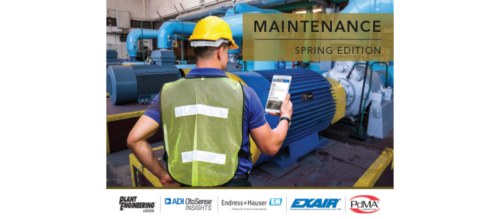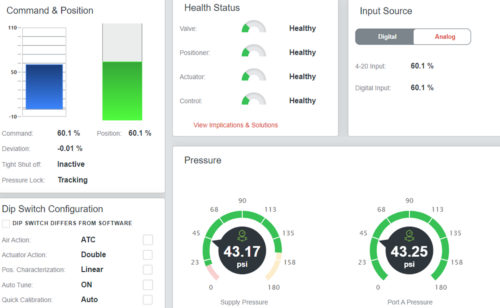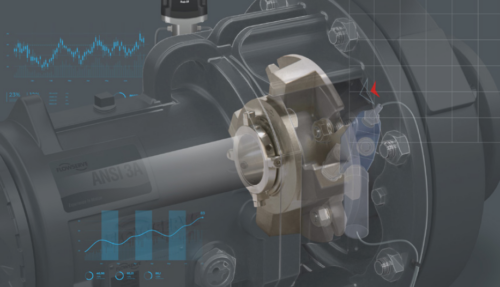Outsourcing maintenance: 10 questions to ask your provider
Companies looking to outsource technical skills should consider these guidelines when the need arises
Production maintenance of manufacturing assets is probably the single most important driver to productivity, quality and on time delivery for manufacturers. The skill levels are extremely complex.
But let’s face it: The skilled labor shortage is not going away anytime soon, and this dilemma has brought about a lot interesting ideas on how to replace these critical skills that keep our economy running. One such idea has been a “grow-your-own” solution to replace the skills departing the industry. This has been done with some success but the task of attracting younger workers into the manufacturing workforce has been difficult to say the least. And these programs take a lot of time to pay off.
Another concept that has also been met with some success is to keep older workers on the job longer by incenting them to maintain either full-time or part-time status. This allows these highly-skilled older workers to mentor the younger workforce. Great idea. But the clock will run out on this concept as the skilled individuals finally retire.
And there is yet another creative concept that has been gaining traction for some time. And that is to outsource these technical skills to professionals that have a core competency in the skills you need. Let’s take production equipment maintenance as an example since there has been a lot of discussion about this in reference to the skills gap.
The 10 key questions
So if you are considering an outsource arrangement for critical production maintenance, here are 10 key questions to consider:
- How does the outsource supplier recruit maintenance techs?
- Does the outsourcer provide key metrics or KPIs?
- Are there any provision made for guaranteed cost savings?
- Is the outsourcer a company that embodies a continuous improvement culture?
- Will the outsourcer provide ongoing technical training to its employees?
- Have you visited a site where this company is currently working?
- How difficult will it be to put your maintenance department back together if outsourcing fails?
- Do you feel that maintenance is your core competency?
- Would you include repairable parts in the outsource contract
- Is the company you are considering up to speed with your enterprise software i.e., SAP
While each one of these points are important, it’s critical to know that you are working with a company that has a good track record with major national manufacturers. So go visit some. The employees that work at the outsource company need support as well, including ongoing training and room for career path advancement. A professional maintenance outsourcer should provide this, which also means that recruiting serious maintenance talent is much easier. And the retention of these skilled individuals is much higher as well.
Set up a clear cut performance plan with your outsource supplier. Many of these companies promise productivity improvements so get it in writing as guaranteed savings built into the contract.
How well your outsourcer blends into your culture is also important to their success. If you have a lean, continuous improvement culture that emphasizes safety, you will want an outsourcer that shares the same ideals—not a project to project reactive fire department.
If you are not ready to accept the fact that maintenance is not your core competency but creating innovative, quality products is—then the arrangement will be fraught with problems. Make sure you understand the risks and rewards or who manages repairable parts and who owns the inventory going into the relationship.
Will your enterprise software conflict with your outsourcers? It’s important to understand these compatibility issues especially around running or implementing a CMMS system.
And finally, confront your fears that once you pull the trigger on an outsource model you’re in it for keeps. To be successful in any outsource venture you must allow the experts you’ve hired to do their job. A good outsourcer will have a strategy map that will drive the process of improvement. It is very rare that you see manufacturers want to bring maintenance back in-house after all the improvements begin to transform the operation.
The benefits of outsourcing maintenance can open up more time for creative thinking, innovation while productivity improvement can lower the cost of every item produced. With this combination it’s difficult not to take an educated but cautious look at outsourcing maintenance.
Don Johnson is the vice president of marketing for Advanced Technology Services (ATS).
Do you have experience and expertise with the topics mentioned in this content? You should consider contributing to our CFE Media editorial team and getting the recognition you and your company deserve. Click here to start this process.





